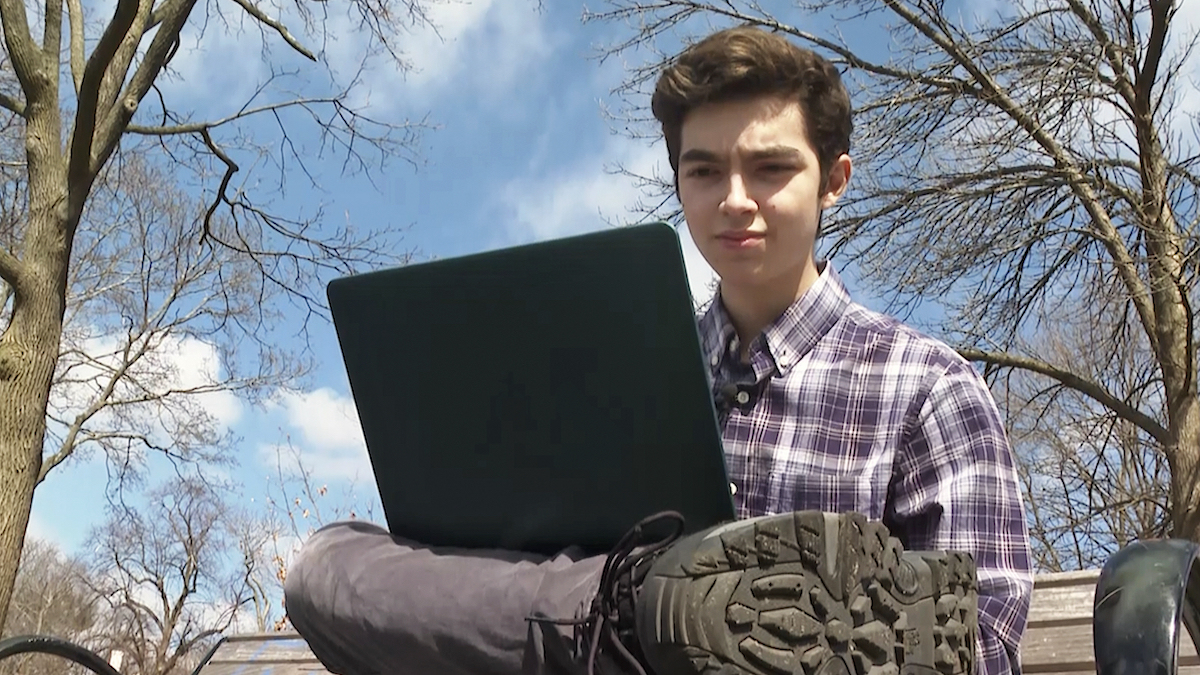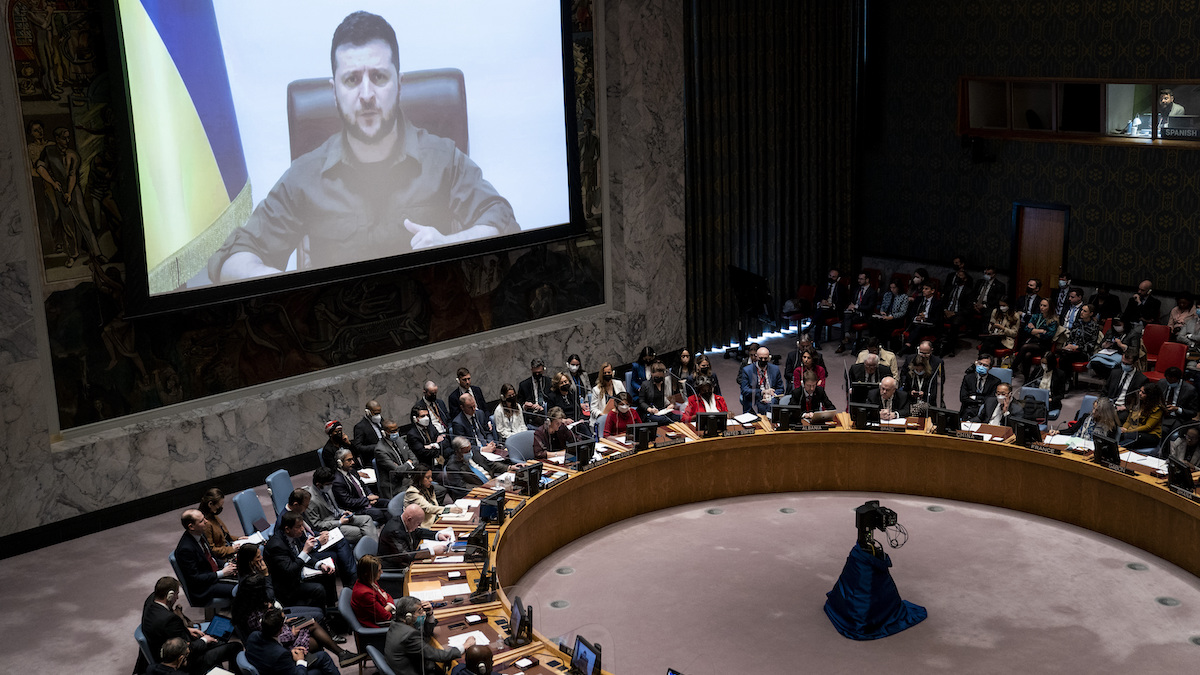Horrendous images and troubling information from the Russian invasion of Ukraine have filled the media in recent weeks.
The war has sparked outrage around the world, as well as an outpouring of support. But for 14-year-old Rose Lieber of Wakefield, Massachusetts, signing a poster made in the colors of Ukraine wasn't enough.
"Just because you support them — like, talk is cheap," she said.
Lieber felt the need to do more.
Get Boston local news, weather forecasts, lifestyle and entertainment stories to your inbox. Sign up for NBC Boston’s newsletters.
"I was venting to my mom one night, and she was like, 'Well, I saw Rosti's Live on Facebook that he was doing all these fundraisers and donations,'" she recalled.
Rosti is Rostislav Penek, owner of Pitstop BBQ in Wakefield. He is from Ukraine and has been sending help back to his homeland for years. Then the invasion came.
"And then it was fury," he said. "It wasn't even hate or anger, it was fury. Quiet fury."
He turned that fury toward soliciting donations on the restaurant's Facebook page, and his sister does the same on Instagram. Lieber turned her frustration to supporting their efforts, rallying her school.
The store has become a drop-off point for supplies like trauma kits, bandages, sanitizer and earplugs for soldiers.
"It's really hard to comprehend that this actually happens in the world, and that it's so horrible that this is what we have to do," Lieber said.
More on the war in Ukraine
Her mother, Caroline, says she knows she can't shield Rose from what's happening.
"We just make sure we can always talk about everything we've seen and try to work it through together. So if there's traumatic events that she's seen, we can discuss it," she said.
Dr. Chase Samsel, a pediatric psychiatrist at Boston Children's Hospital, says that's the right way for parents to handle this.
"I think the best strategy for parents is really to ask the kids what they're thinking or what they're fearing or what they are worried about, and really follow their kids' lead, and kids will show them how much they want to know or don't want to know or don't want to talk about," he said.



